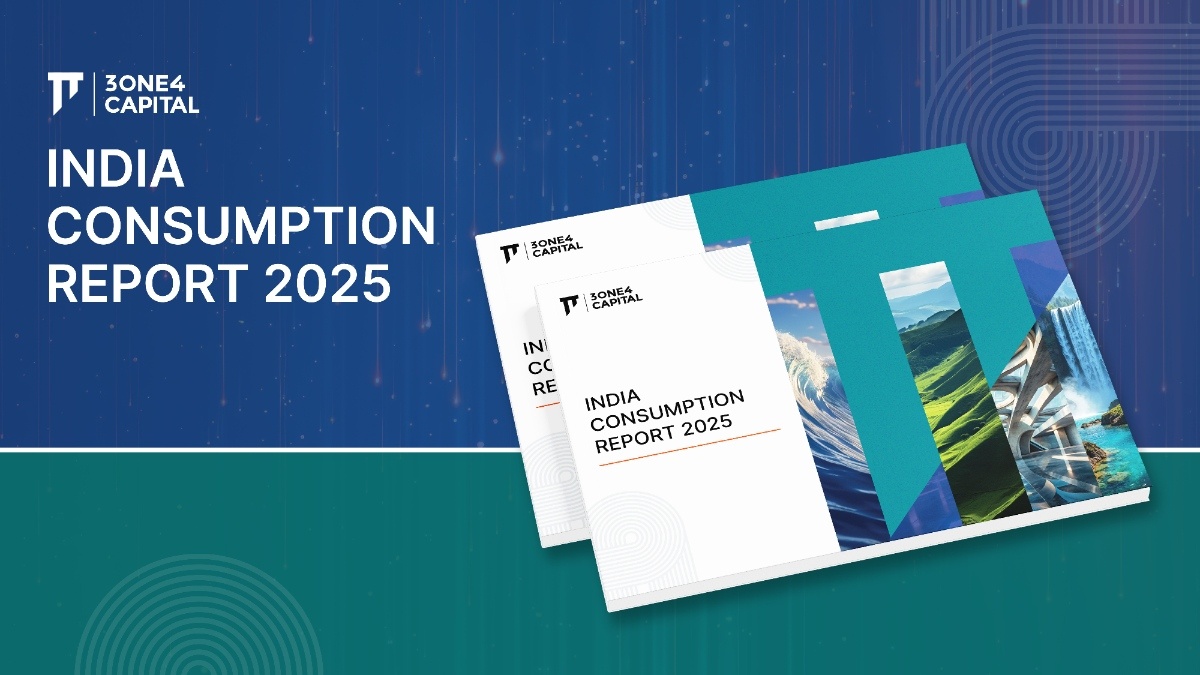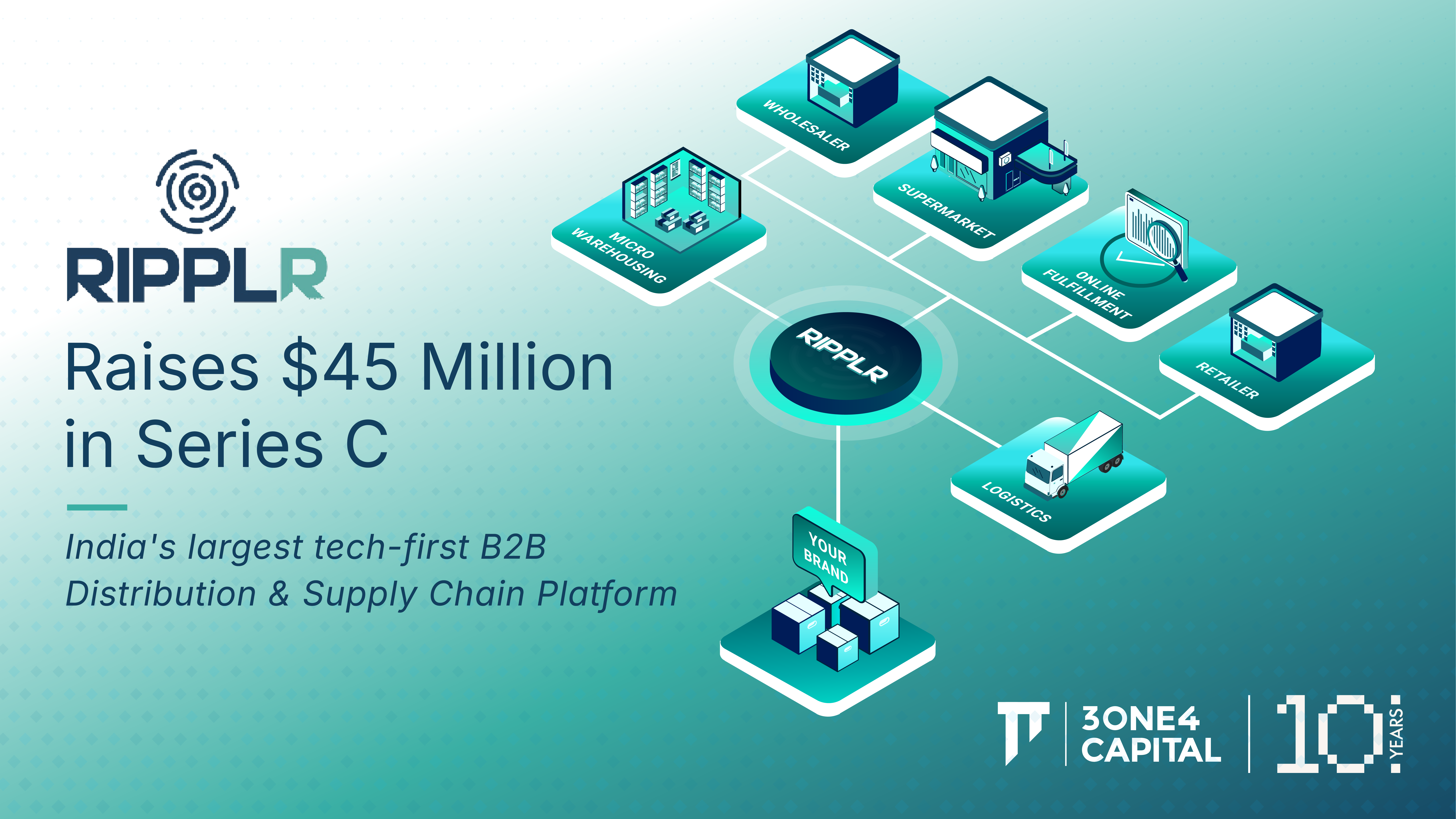
Why 3one4 Capital Invested in Fasal
The Indian agriculture sector is paradoxical: the sector is among the largest contributors to global output across multiple categories but has yet to shift productivity to top decile levels. The Indian demography is evolving rapidly and consumption is rightly shifting towards more calories and higher nutritional value. As a result, the projected demand for food commodities, especially fruits & vegetables, is expected to rise greatly by 2050. Much of India’s agricultural output is food grains oriented, and perishables production has a lot of catching up to do to meet projected demand. Land and labor productivity are therefore an obvious priority.


Horticulture is being viewed by many as a means to improve farmer income while also solving domestic demand. Horticulture already contributes 1/3 of the agricultural GDP while occupying just 1/5 of the cultivation area. However, this practice comes with its own challenges — cultivation is more technical and has less room for error in terms of managing variables like weather, irrigation, nutrition, pest control, and so on. For instance, irrigation depends on soil moisture, humidity, expected rainfall, and stage of the crop among other parameters. The same goes for spraying and fertigation. Cultivation today is done based on approximation and experience as opposed to sensors and science. As a result, resources are wasted, yield is suboptimal and farm incomes tend to suffer. Fortunately, horticulture also happens to be the domain of younger, more educated “progressive farmers” that are receptive to technology.
Fasal is building a full-stack platform designed to help farmers with certain, profitable, and sustainable cultivation. Fasal has built crop-specific agronomy models for farm-level actionable intelligence, powered by plug-and-play solutions that farmers can install themselves. This advisory serves to both reduce the cost of cultivation and increase yield significantly — as a result the product pays for itself within a season of implementation.


https://www.youtube.com/watch?v=tb-xo2F9Raw
When we met Shailendra and Ananda and understood what could be possible with timely and personalized cultivation advice, the potential for impact captured our interest. The team had spent the last few years getting the product to be affordable enough for Indian farmers, and simple enough to install remotely. There were proven results for yield improvement, water conservation, and pesticide inputs reduction, and we could see that this was the start of a major shift in Indian agriculture through an expansion in crop coverage and geographic presence. Acquiring real-time data also created an expansion path into insurance, traceability, market linkage, and inputs: a truly full-stack opportunity with large-scale impact.
As India’s first VC PRI signatory, 3one4 continues to nurture its commitment to tech businesses that improve high-impact sectors. Agri-tech has become an increasingly larger part of our climate tech investment focus, and we are grateful to be able to play a role in the growth of tomorrow’s changemakers.
We’re thrilled to team up with Ananda and Shailendra on their mission to empower every farmer to grow more, grow better.


.webp)












